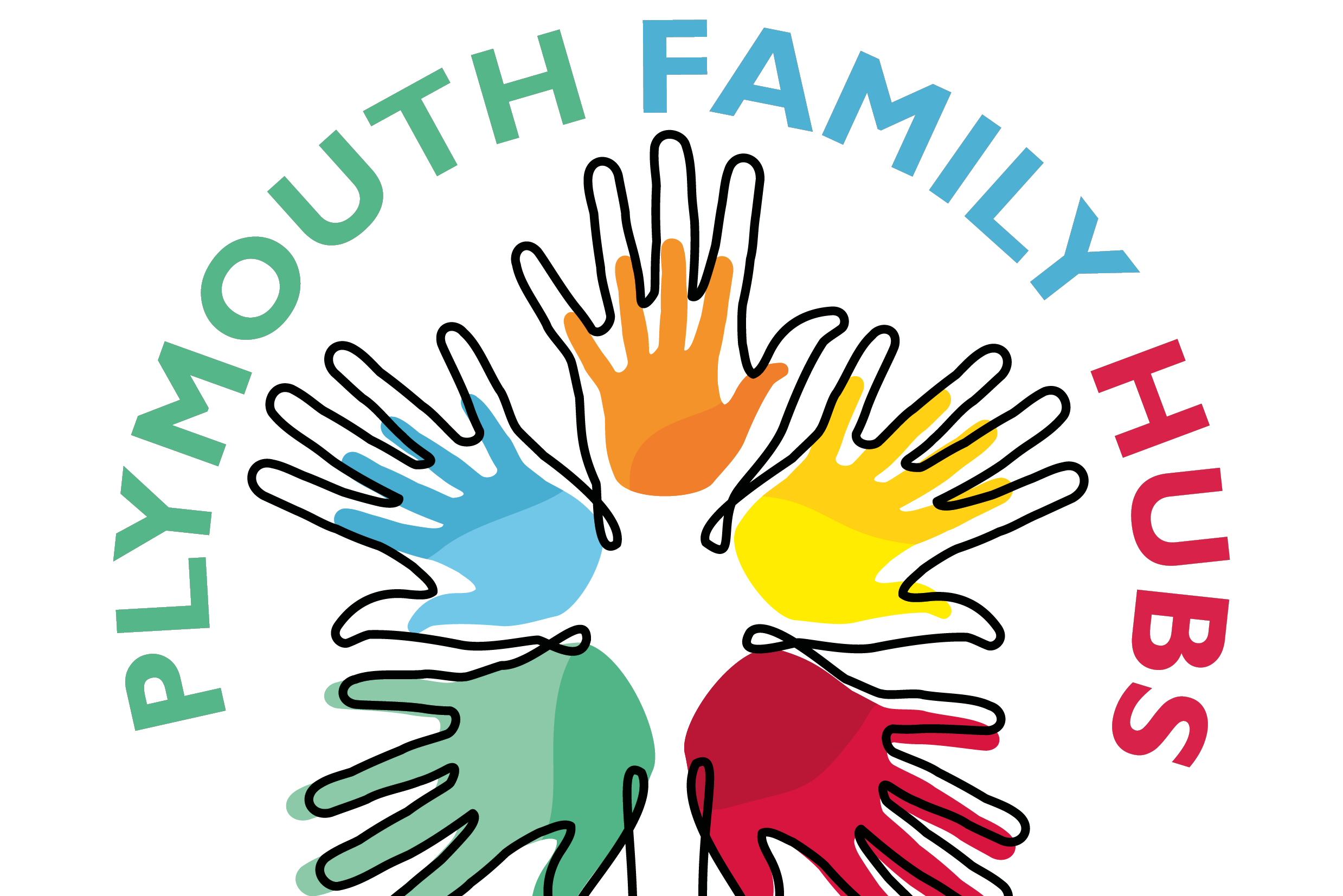Helping Children and Families Early
Working Together to Safeguard Children 2023 updated the definition of safeguarding and promoting the welfare of children with an increased focus on helping children and families as soon as problems emerge.
As explored elsewhere in this guidance, responding to neglect can be subject to drift as a result of its cumulative effect, as well as issues such as professional desensitisation and families unable to, or not making use of, available support. We therefore want to make sure that children receive the right help at the right time based on their needs. In Plymouth the way we understand children’s different levels of need can be found in our Building Support guidance. Let’s take a look at how neglect relates to these levels.

The Windscreen
In Plymouth we have 4 levels of need to help services and professionals understand how to best support children as illustrated in the ‘windscreen’ model. The severity and impact of neglect for a child will determine what level of need they have. For example:
Level 1 No Neglect
Level 2 Mild Neglect
Level 3 Moderate/Substantial Neglect
Level 4 Severe Neglect
Further explanations of these levels of neglect are provided below alongside the description for each level of need from the Building support guidance……
Level 1 Universal: No Neglect
Children and young people making good overall progress in all areas of their development and receiving
appropriate universal services such as health and education. Consistent good quality parenting where the child’s needs are always paramount/ a priority.
Level 2 Additional: Mild Neglect
Children, young people and their families are experiencing emerging problems, or have additional needs that require some targeted support. They are likely to require early help for a time limited period, to help them move back to Universal (Level 1) and reduce the likelihood of needing Level 3 more intensive support. Periodic and sustained incidents of carers struggling to provide care in the basic needs for a child that are having a visible impact on some elements of a child’s development and outcomes.
Level 3 Intensive: Moderate/Substantial Neglect
Children, young people and families with identified vulnerabilities who are experiencing multiple and complex needs and are likely to need intensive multi-agency coordinated approach as part of an early/targeted help assessment and plan. They are likely to require longer term help. Periodic and sustained incidents of carers struggling to provide care across several areas of basic care. There is a continuing impact on the child’s development and outcomes.
Level 4 Specialist: Severe Neglect
Children, young people and their families who are experiencing very serious or complex needs that are having a major impact on their expected outcomes or if there is serious concern for their safety or concern that the child/ren may be suffering significant harm. Persistent and sustained
incidents of carers not providing care across most areas of a childs basic needs requiring specialist and statutory social work support.



